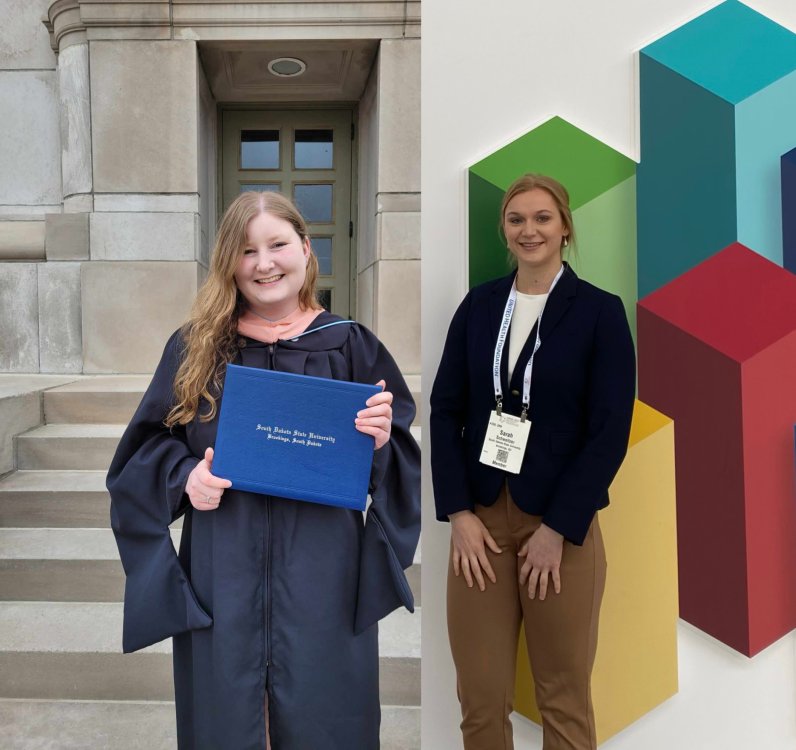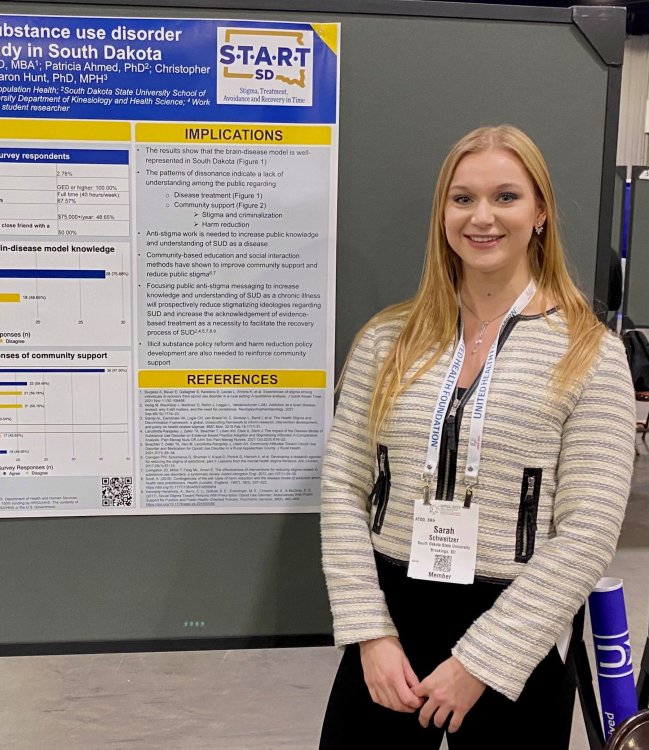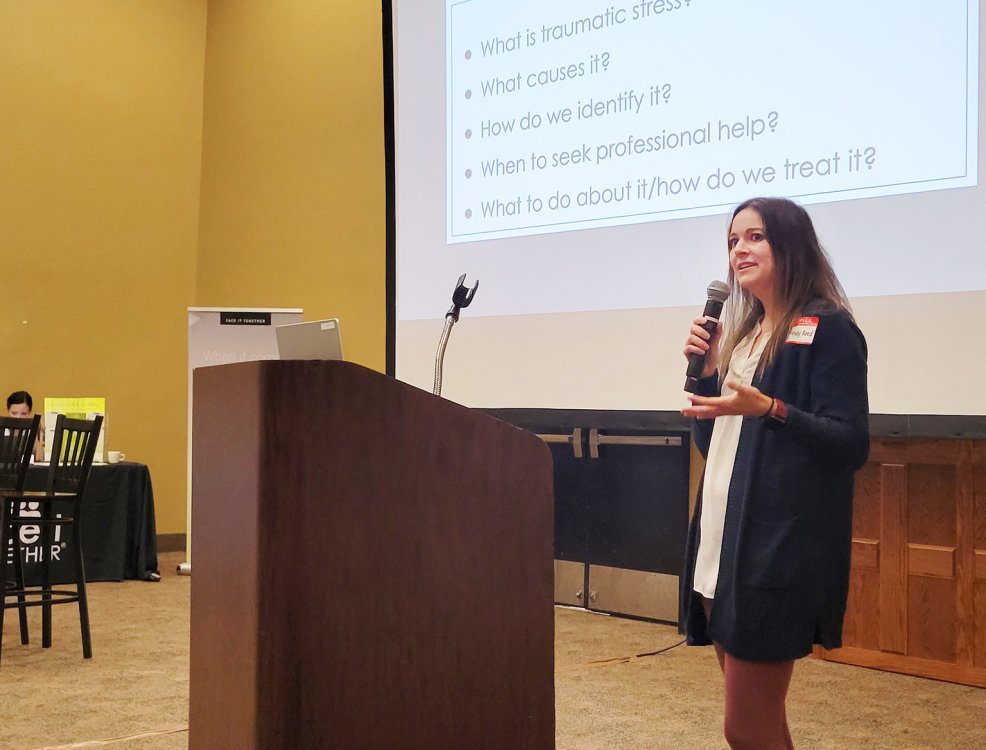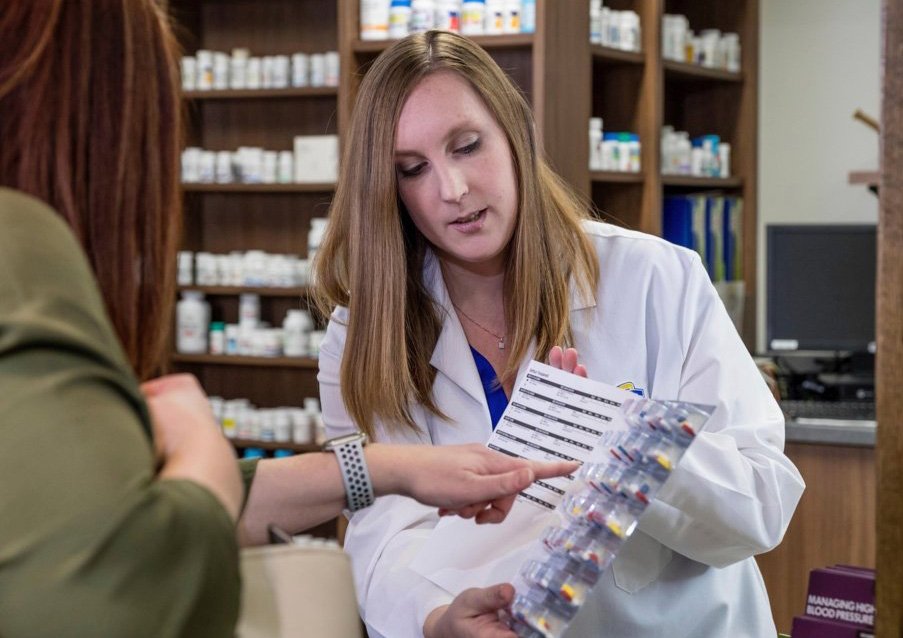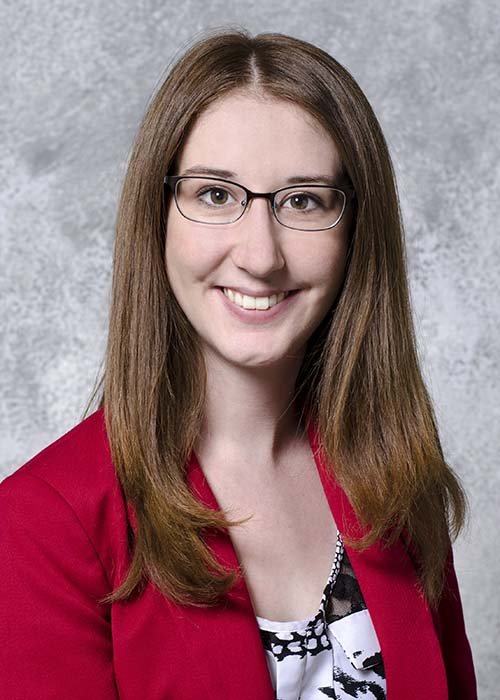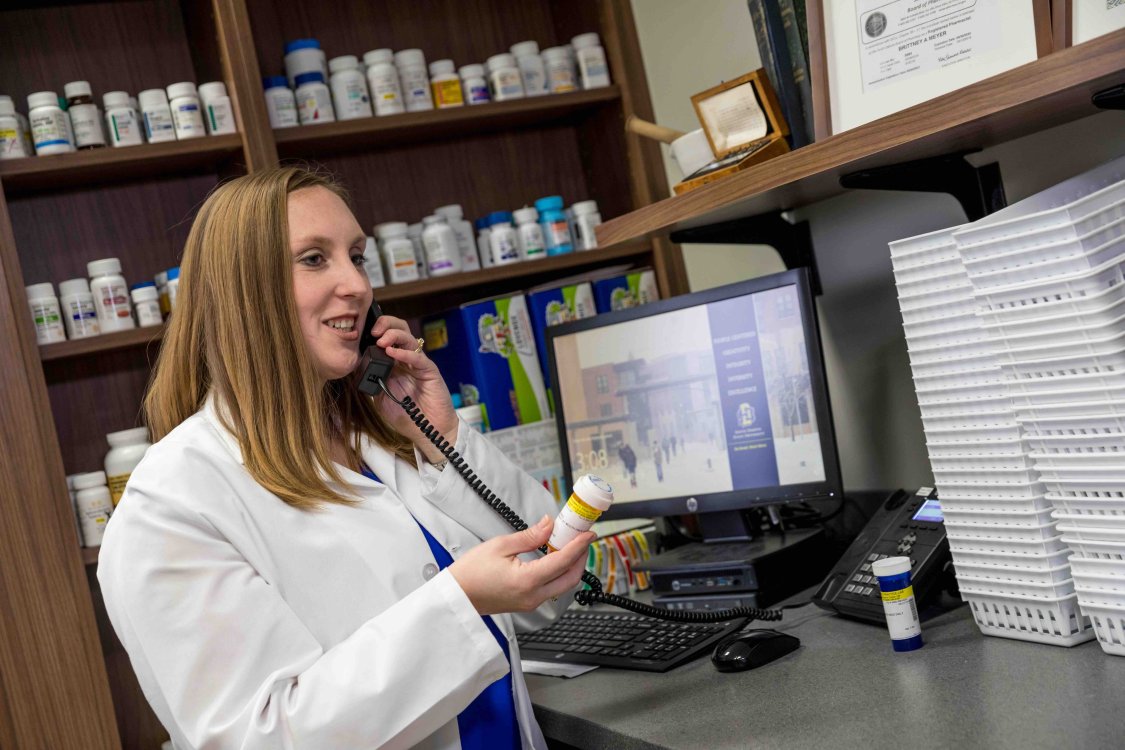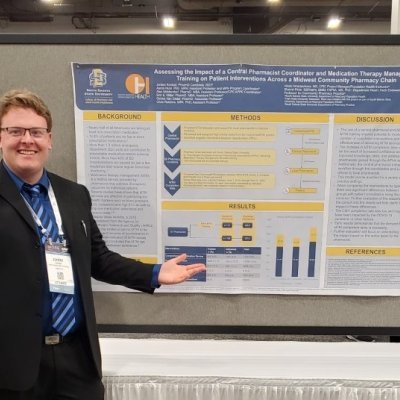Community Practice Innovation Center
About the Center
CPIC brings together faculty, students, researchers and practitioners to lead change within community practice through innovative community engagement and partnerships, research and education and training with a focus on access to care, population health and health outcomes.
Mission
To lead innovation in community practice through education, transformation and entrepreneurship.
Vision
To become an internationally recognized Center that advances pharmacy practice and specializes in developing innovative and sustainable community-based programs.
What We Do
- Develop and offer training programs.
- Drive innovation and transformation by inspiring health care practitioners and students through our courses, research, presentations and service to the community and the profession.
- Identify, Engage and Partner with organizations within our community, the nation and across the globe to help foster learning and dissemination of our work.
- Apply our broad practice and research expertise to help our local, national and global communities enhance their patient care services and approach to care.
- Enhance access to care and health outcomes of patients through various projects with the help of our partners.
Featured CPIC News
Our Projects

Working to increase access to and effectiveness of prevention,
treatment, and recovery services for substance use disorders in South Dakota.
START-SD is a federal program funded by the Health Resources and Services Administration (HRSA) through four Rural Communities Opioid Response Program (RCORP) grants to complete work to increase access to and effectiveness of prevention, treatment, and recovery services for substance use disorders in South Dakota. Following the initial planning grant, START-SD has grown to become a three-pronged project: with focuses on support for opioid use disorder, support for psychostimulant use disorder and overdose response.
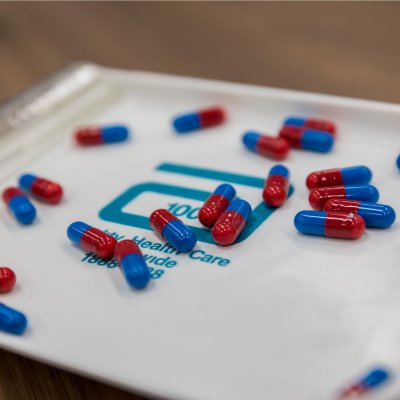


BREATHE-SD
Expanding public health capacity by supporting respiratory care recruitment, training, placement, and job development in rural communities in South Dakota.
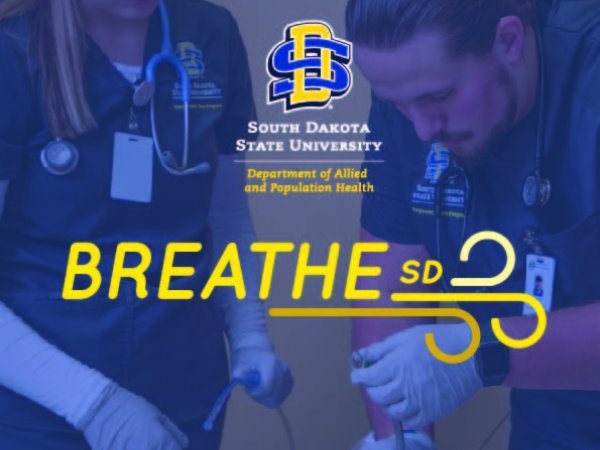
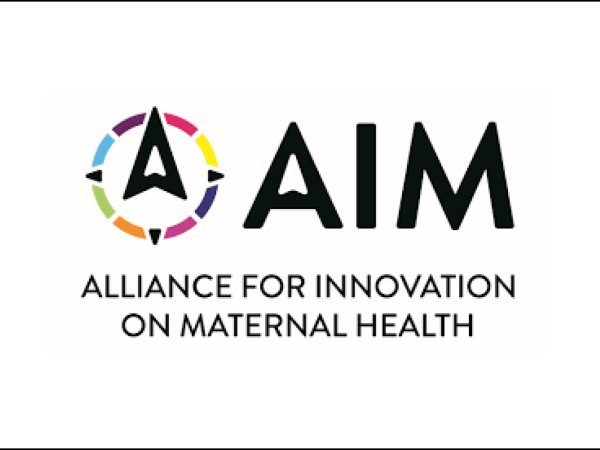

Mobile Clinic Program
The South Dakota Heart Disease and Stroke Prevention Program is the South Dakota Department of Health’s newest program focused on preventing cardiovascular disease and stroke in South Dakota. CPIC is partnering with the SD-DOH on this program by developing and implementing a mobile clinic that will improve access to care resources for cardiovascular disease and diabetes in South Dakota’s rural communities. The Mobile Clinic Program will launch in Summer 2024.
Learn more about the South Dakota Heart Disease and Stroke Prevention Program and
SDSU's Mobile Clinic Program

CPIC Partners and Publications
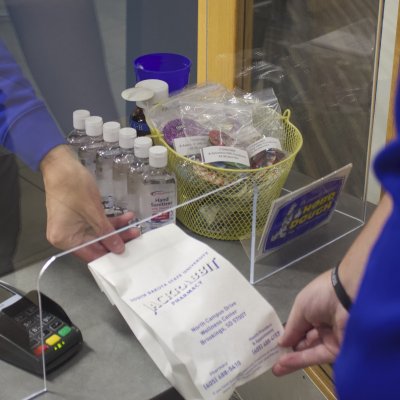
Interim Center Director
Erin Miller

